Connecting Policy and Practice: How a National Data System is Shaping Education in Rwanda
Under the theme “Innovation and Technology in Education,” the EdHeroes Global Forum 2025 brought together changemakers and thought leaders from around the world to explore how technology can enhance learning and strengthen education across contexts.
Educate! joined the global conversation by hosting a session titled, “Connecting Policy and Practice: How a National Data System is Shaping Education in Rwanda.” The discussion featured insights from our experience developing and launching Rwanda’s new tech-enabled, national assessment system alongside the government and key partners. The system, called the Comprehensive Assessment Management Information System (CAMIS), has been rolled out nationwide.
Within the session, the team explores how data systems like CAMIS can drive evidence-based policymaking and facilitate transformations within education to enhance learning and better equip young people with the skills demanded by today’s labor market.
Watch the full panel discussion below.
How CAMIS Drives Better Learning Outcomes
Since 2016, Rwanda has been advancing a competency-based curriculum to better prepare young people for life after school. A critical goal is to reorient learning from lecture-based instruction and rote memorization toward practical skill building, such as problem-solving, collaboration, critical thinking, and creativity.
A key initiative driving this shift is efforts to embed formative assessment and project-based learning into the education system, where students engage in experiential activities and apply what they’ve learned in real-world settings.
“Instead of answering questions on paper, they might write a business plan or create a product. We have had students make exciting products like irrigation machines or walking canes for the visually impaired.” — Melissa Douce Mahoro, Project Manager, Educate! Rwanda
Alongside curriculum reform, a key challenge emerged that is common across education systems: you can design the most engaging, student-centered lessons, but if exams don’t measure those skills, change is not sustained. Exams are a key driver of behavior change. Therefore, shifting exams toward projects ensures that students can build and apply essential skills.
CAMIS supports the integration of project-based learning into assessment. The system tracks student performance on classwork and projects, helps roll out those projects, and then feeds data back to teachers, districts, and policymakers. CAMIS also provides a national tool for advancing formative and continuous assessment across Rwanda’s education system.
Over time, these continuous assessments will contribute to a percentage of the national end-of-cycle exam score — further shifting teachers’ mindsets toward the value of practical work and reducing pressures around high-stakes examination.
“CAMIS is establishing a strong foundation for a more data-driven teaching culture.” Angelique Uwase Vaidehi, District Partnership Officer, Educate! Rwanda
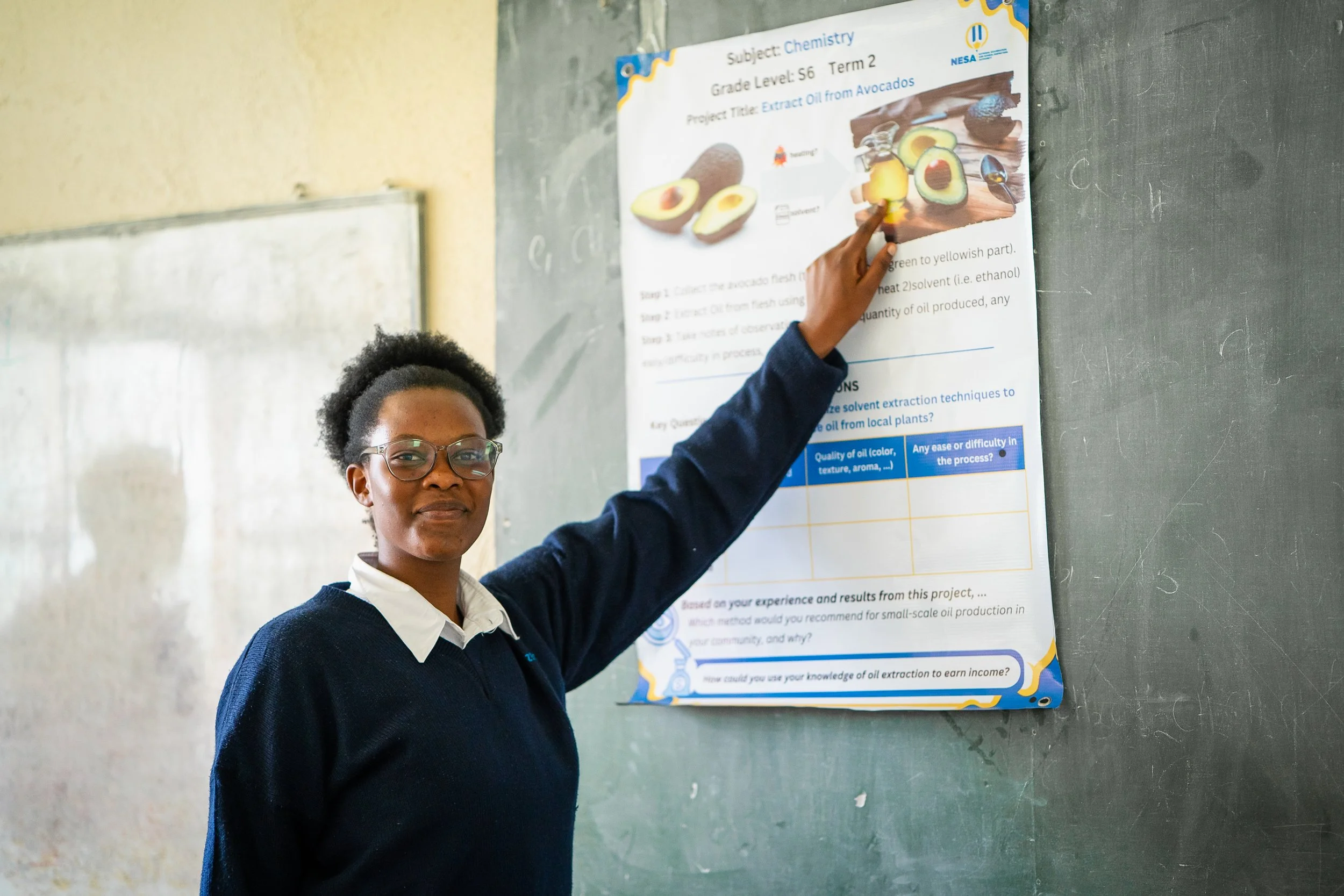
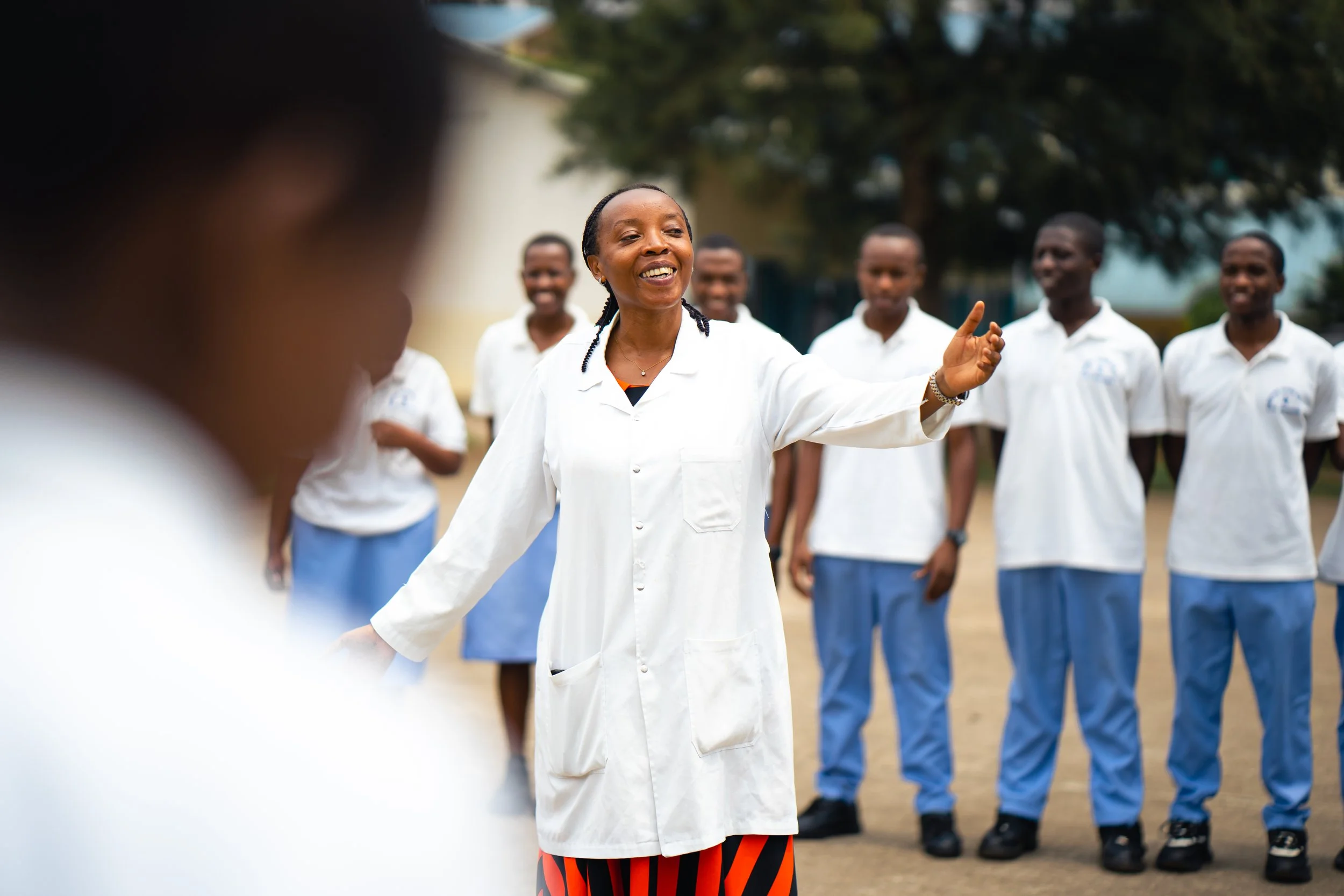
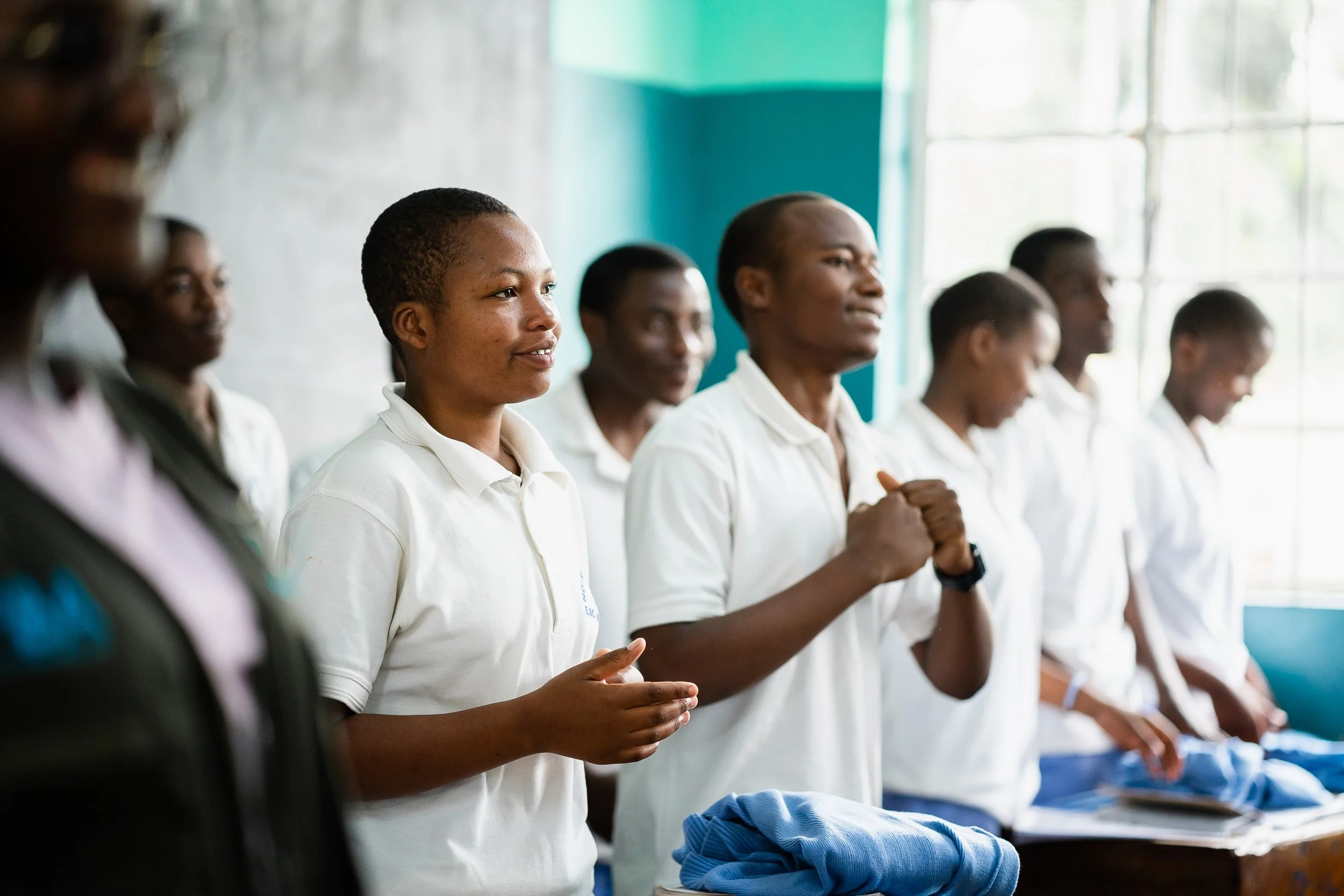
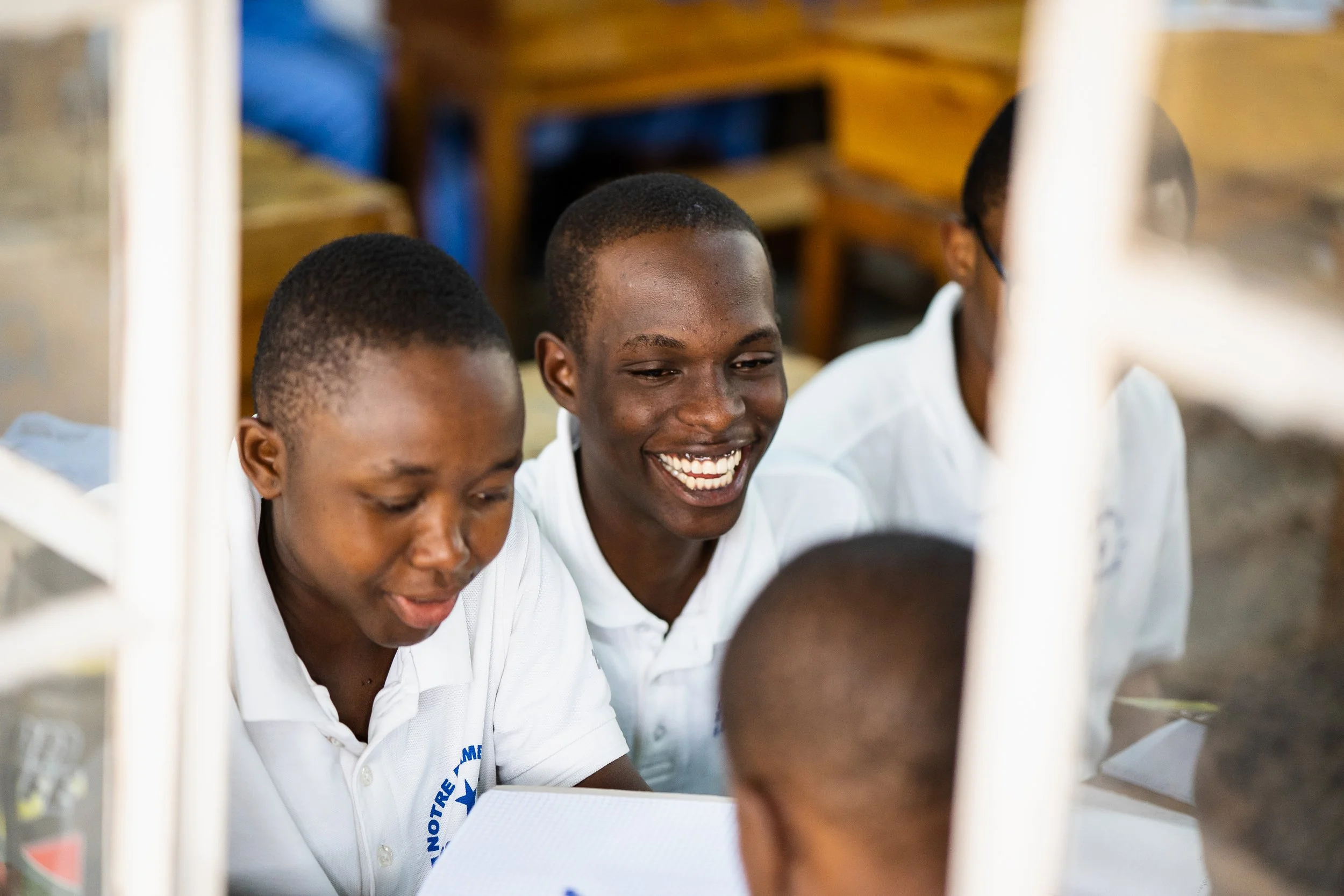
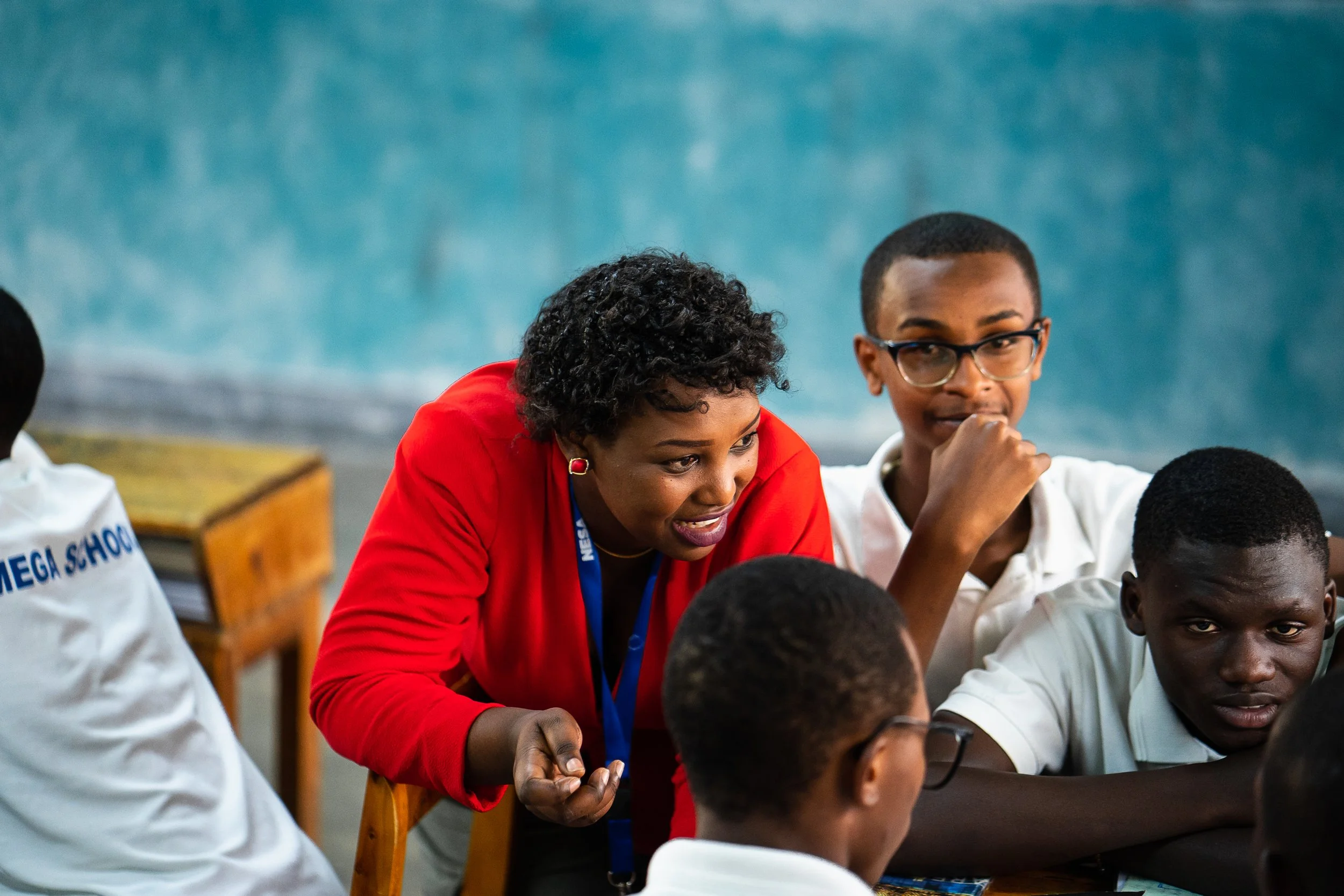

Closing the Loop Between Classrooms and Policymakers
In addition to housing student scores and incentivizing project-based learning, CAMIS marks a significant step forward in education system monitoring through real-time data. Continuous tracking of scores can enable early identification of learning gaps, inform targeted interventions to better support learners, and facilitate real-time outcome tracking that informs policy decisions. This evidence will support policymakers in making data-driven decisions — helping identify schools or regions that may need additional support and advancing equitable resource allocation.
“In the past, data was often incomplete or remained only at the school level. CAMIS has helped close that gap by standardizing how data is captured, making it more actionable for decision-makers. What has worked in Rwanda is strong government ownership from the start and building the system for teachers’ needs.” — Melissa Douce Mahoro, Project Manager, Educate! Rwanda
This work is currently being supported through funding by the Global Partnership for Education Knowledge and Innovation Exchange, a joint endeavor with the International Development Research Centre, Canada.
What’s Next for CAMIS
Today, CAMIS has been launched nationally, reaching nearly every corner of Rwanda’s education system. The system is now operational across all 30 districts and approximately 6,000 schools, with teachers engaging on the platform across the majority of primary and secondary institutions nationwide.
To date, around 85% of teachers are registered on the system, and more than 660 million student scores have been entered.
“One of the most significant lessons from CAMIS’s rollout is the transformative value of having consistent, timely data across subjects and levels. This level of visibility not only supports decision-making and reform efforts in Rwanda but also has strong potential to inspire similar systems in other countries.” – Joseph Nshimiyimana, Senior Manager for National Programs
Rwanda’s CAMIS demonstrates how data systems can connect policy and practice. Having contributed technical support to this effort in Rwanda, Educate! is now applying lessons learned to similar initiatives in Tanzania, where we are working to support the rollout of a new employment-focused subject.
By integrating continuous assessment into national systems and advancing efforts to integrate real-world learning, policymakers can strengthen education at scale and make more effective, evidence-based decisions to prepare young people for the future.

